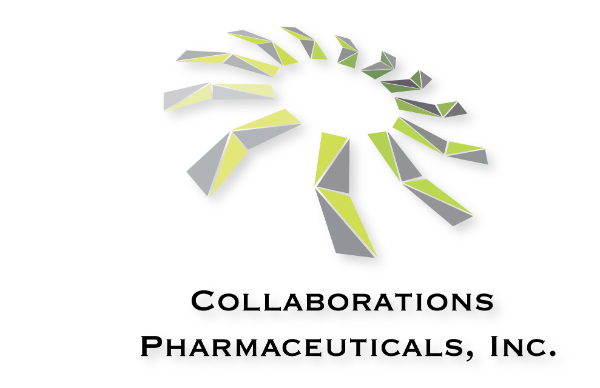
Collaborations Pharmaceuticals Draws Financial Support From NIH

The collaborations continue for Raleigh-based Collaborations Pharmaceuticals.
Over the last several months, the company has obtained funding from two research arms of the National Institutes of Health (NIH) to support its machine learning applications in drug discovery research.
This past summer, the National Institute of General Medical Sciences awarded Collaborations $1.7 million to further develop its Assay Central machine-learning software. It is designed to help create and validate models that can be applied to many areas of research, from predicting endocrine disruption to the discovery of new antivirals for SARs-CoV-2.
The plan is to move the technology closer to commercialization. “We are excited by this Phase IIB award as it will enable us to continue to create cutting-edge tools that can aid us in our drug discovery projects, as well as provide software that can be licensed by other companies so they can benefit from our expertise,” said Collaborations CEO Sean Ekins.
In December, the National Institute of Environmental Health Sciences also made a Phase I award of approximately $256,000 to develop new machine-learning tools to predict acetylcholinesterase (AChE) inhibition. The goal is to build and validate machine-learning models that can identify molecules that bind to AChE so scientists can better determine the potential for pesticide poisoning across species, along with environmental contamination.
Organophosphorus pesticides that bind to AChE are one of the most common causes of poisoning worldwide, leading to an estimated 300,000 deaths annually.
Collaborations, which rents lab space on the Centennial Campus at North Carolina State University, gets the majority of its funding from federal grants. With these most recent NIH awards, the startup company has secured close to $10 million in backing via this route.
Collaborations focuses on the discovery of drugs for rare and neglected diseases often overlooked by large pharmaceutical companies. Diseases are classified as rare if they affect fewer than 200,000 people in the United States and as neglected if few or no drugs are available to treat them.
Collaborations uses its machine-learning software – which identifies patterns in data sets to drive scientific decisions – and other tools in its arsenal to translate research into new treatments. It analyzes publically available data, organizes and integrates that information, and then builds models to find the most promising molecules to treat specific diseases.
The privately held company currently has close to a dozen full-time employees and a number of outside consultants. It has been granted nine orphan drug designations, which provide tax credits of up to 50% for clinical testing and seven years of market exclusivity.
